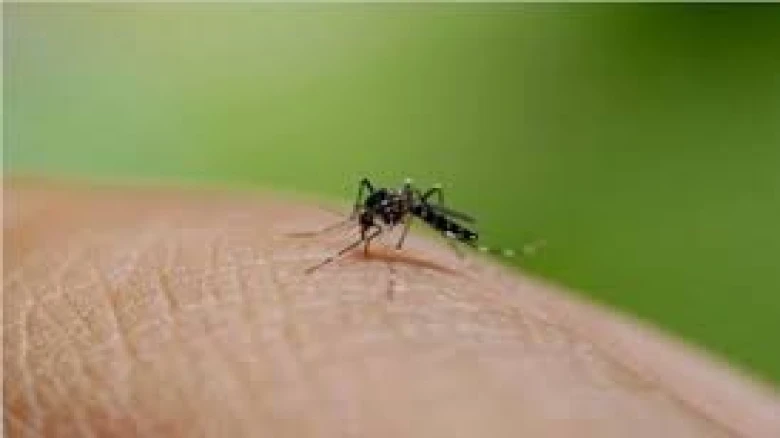Sports

According to the World Health Organization (WHO), nearly half of the global population is potentially susceptible to dengue, with an estimated 100-400 million infections annually.
Digital Desk: Bengaluru is currently experiencing a sudden surge in dengue cases, accompanied by the unfortunate death of a 27-year-old man due to the fever. Bruhat Bengaluru Mahanagaria Palike (BBMP) reports an average of 60 new cases daily. The onset of monsoon has significantly contributed to this increase, creating more breeding grounds for mosquitoes due to stagnant water and a humid environment. In light of the rising cases and the monsoon's arrival, it is crucial to prioritize our health precautions. It's important to incorporate specific dos and don’ts into our daily routines to reduce the risk of dengue. According to the World Health Organization (WHO), nearly half of the global population is potentially susceptible to dengue, with an estimated 100-400 million infections annually.
1. Use Mosquito Repellents: Apply effective mosquito repellent when outdoors, especially during dawn and dusk.
2. Wear Protective Clothing: Cover exposed skin with long-sleeved shirts, pants, and socks to prevent mosquito bites.
3. Maintain Hygiene: Regularly remove stagnant water around your home to eliminate mosquito breeding sites.
4. Seek Early Medical Attention: Consult a healthcare professional immediately if you experience symptoms like high fever, severe headache, joint pain, or skin rash.
5. Stay Hydrated: Drink plenty of fluids to prevent dehydration and support recovery.
1. Avoid Self-Medication: Do not self-medicate; seek medical advice before taking any medications.
2. Ignore Platelet Counts: Monitor changes in platelet levels closely, as they are critical indicators of dengue progression.
3. Refrain from Aspirin: Avoid medications like aspirin or ibuprofen that can increase the risk of complications in dengue patients.
4. Neglect Rest: Ensure adequate rest and avoid strenuous activities to facilitate recovery.
5. Stay Away from Mosquito Breeding Areas: Avoid spending time in places with standing water or known mosquito infestations.
Following these guidelines diligently can help manage and prevent dengue fever effectively, particularly during the monsoon season.
Leave A Comment